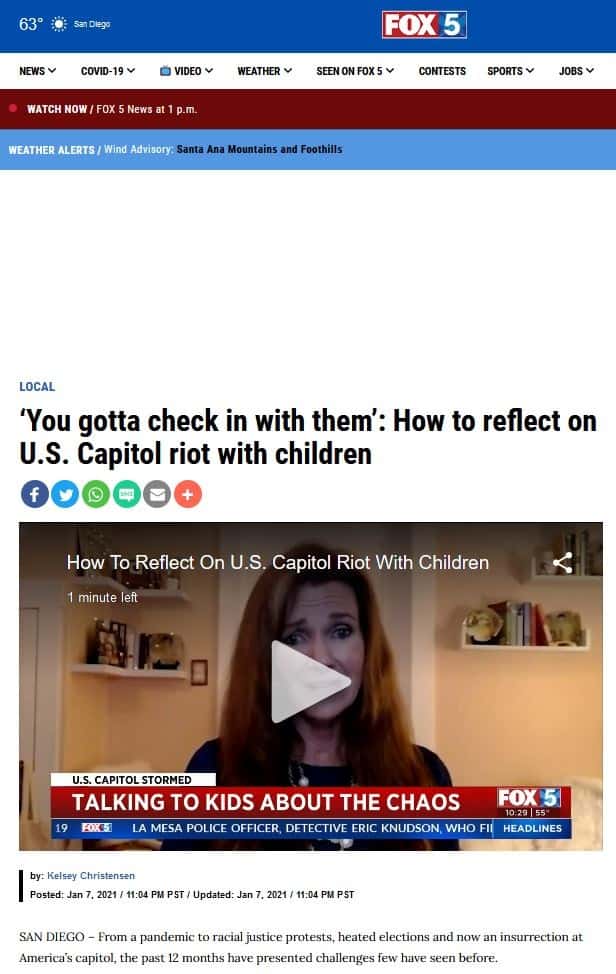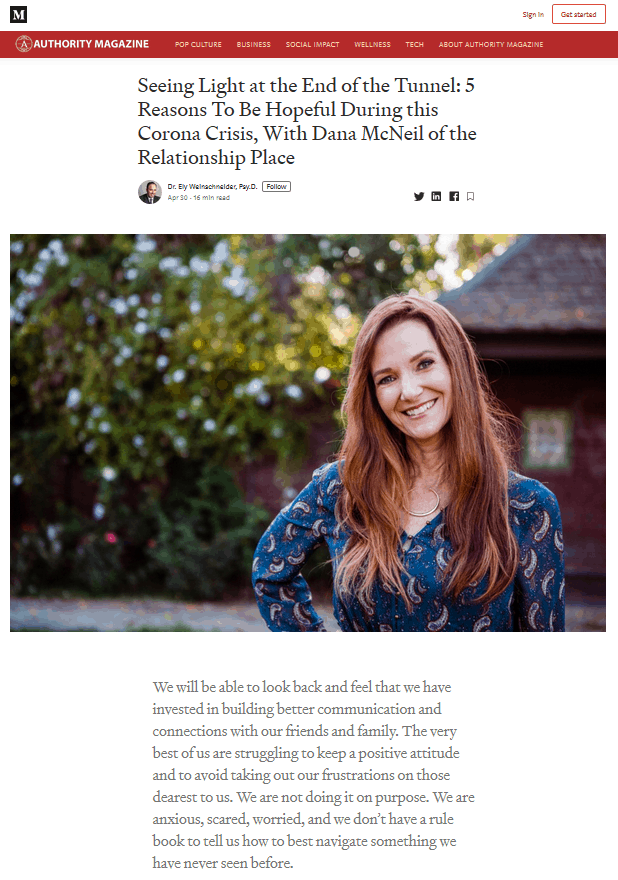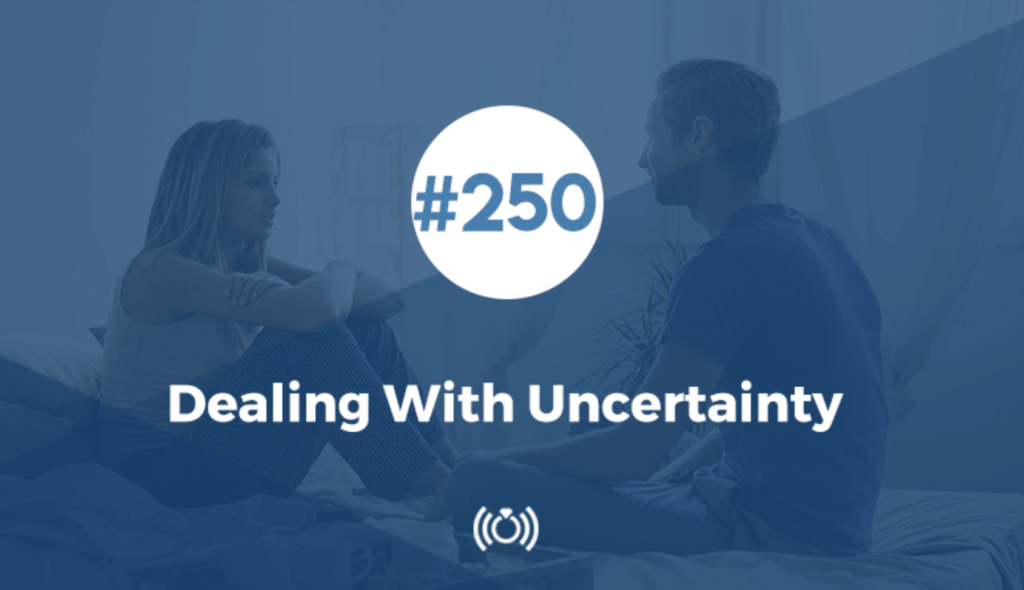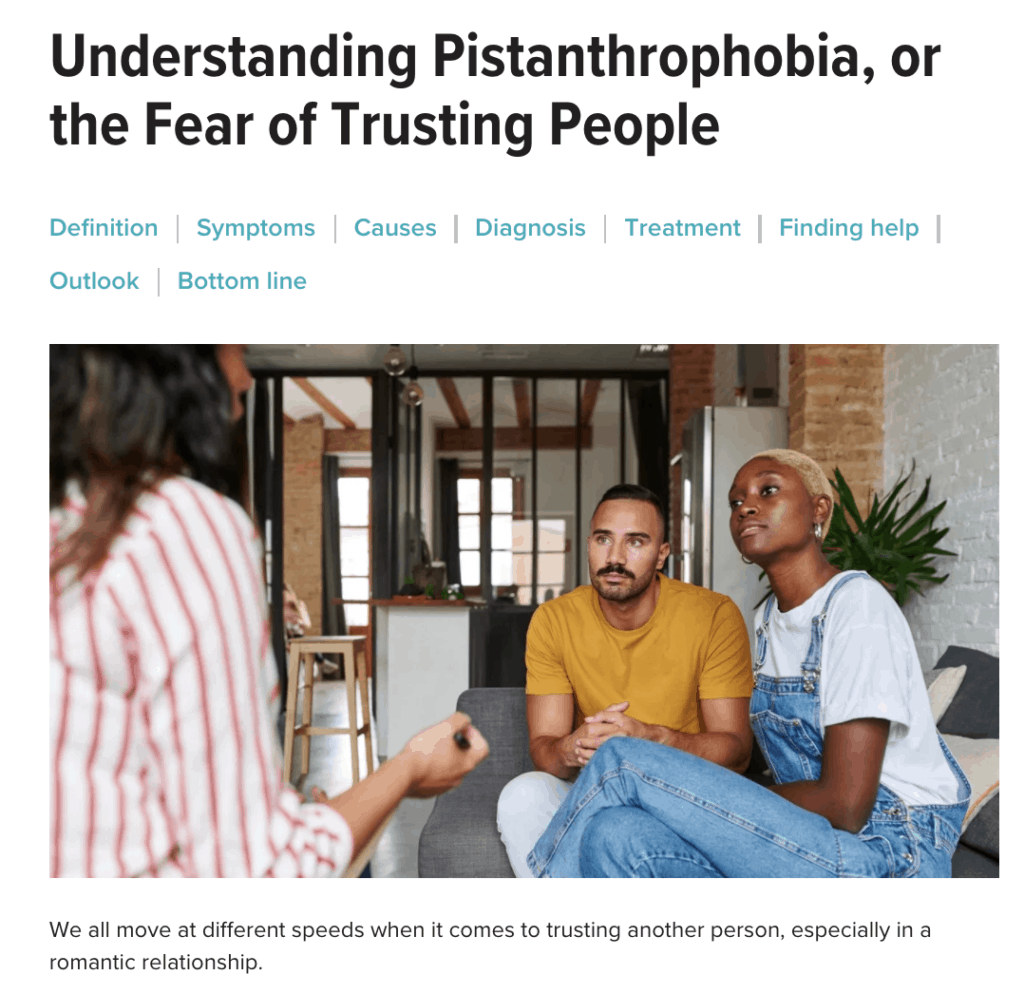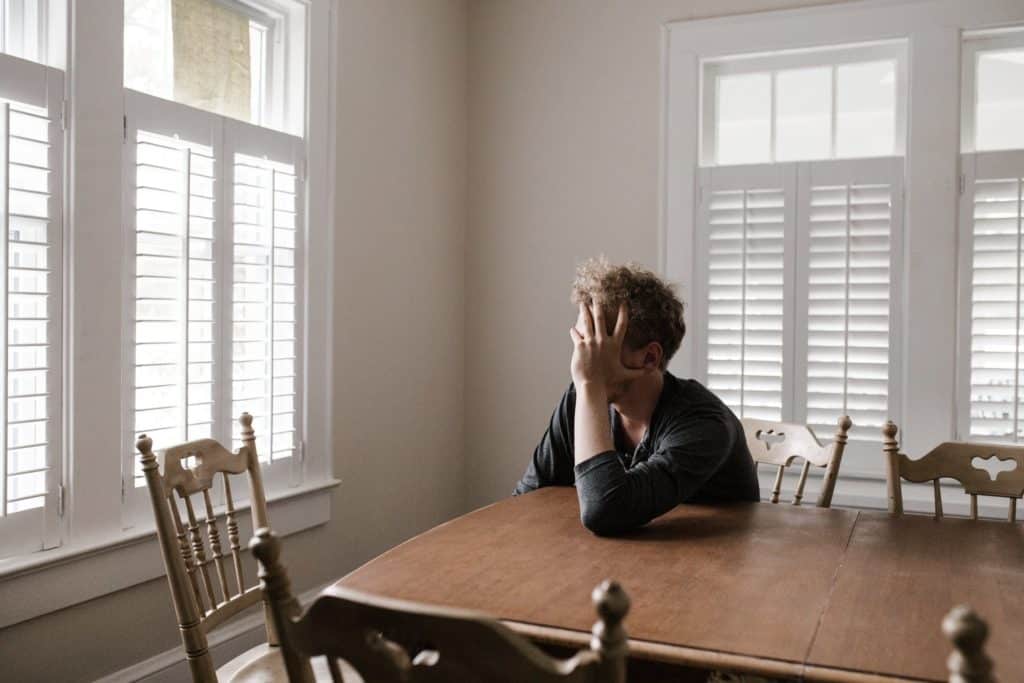US Capitol Riot – Talking to Our Kids: Fox 5 Interview
This past Wednesday our country shared in collective shock and sadness following the events that occurred in the US Capitol. Never before as a country have we had to experience so many losses and mind-bending concepts about who we are as Americans. How do we explain these types of events to our kids when we don’t really understand them ourselves?
I had the privilege of speaking with Kelsey Christensen of Fox 5 News about how to best help our children understand why this happened and what it means to them. One of the take-aways from our chat was how important it is that we not minimize our children’s fears and that we give them the space to talk about their fears as often as they need to.
We should normalize for them that these big feelings are real and that it is important for them to talk to their parents to help them better understand what they are experiencing. This means that parents need to be willing to have these conversations even though they may not know what to do or say. The important thing is that parents should be a safe space for their children and let them know they will never judge them for having their feelings – even if their children’s thoughts and feelings differ from their own.
US Capitol Riot – Talking to Our Kids: Fox 5 Interview Read More »

